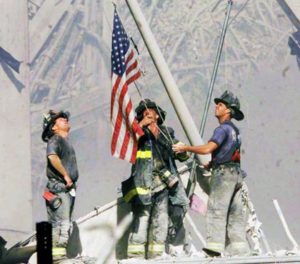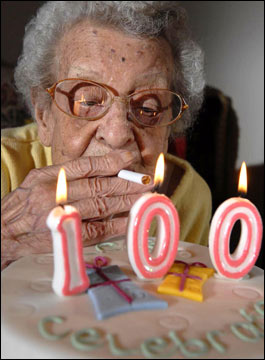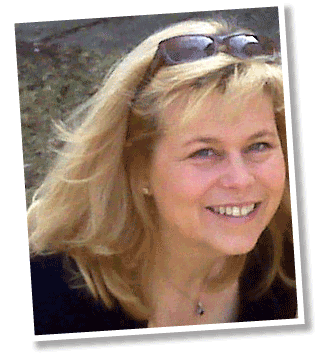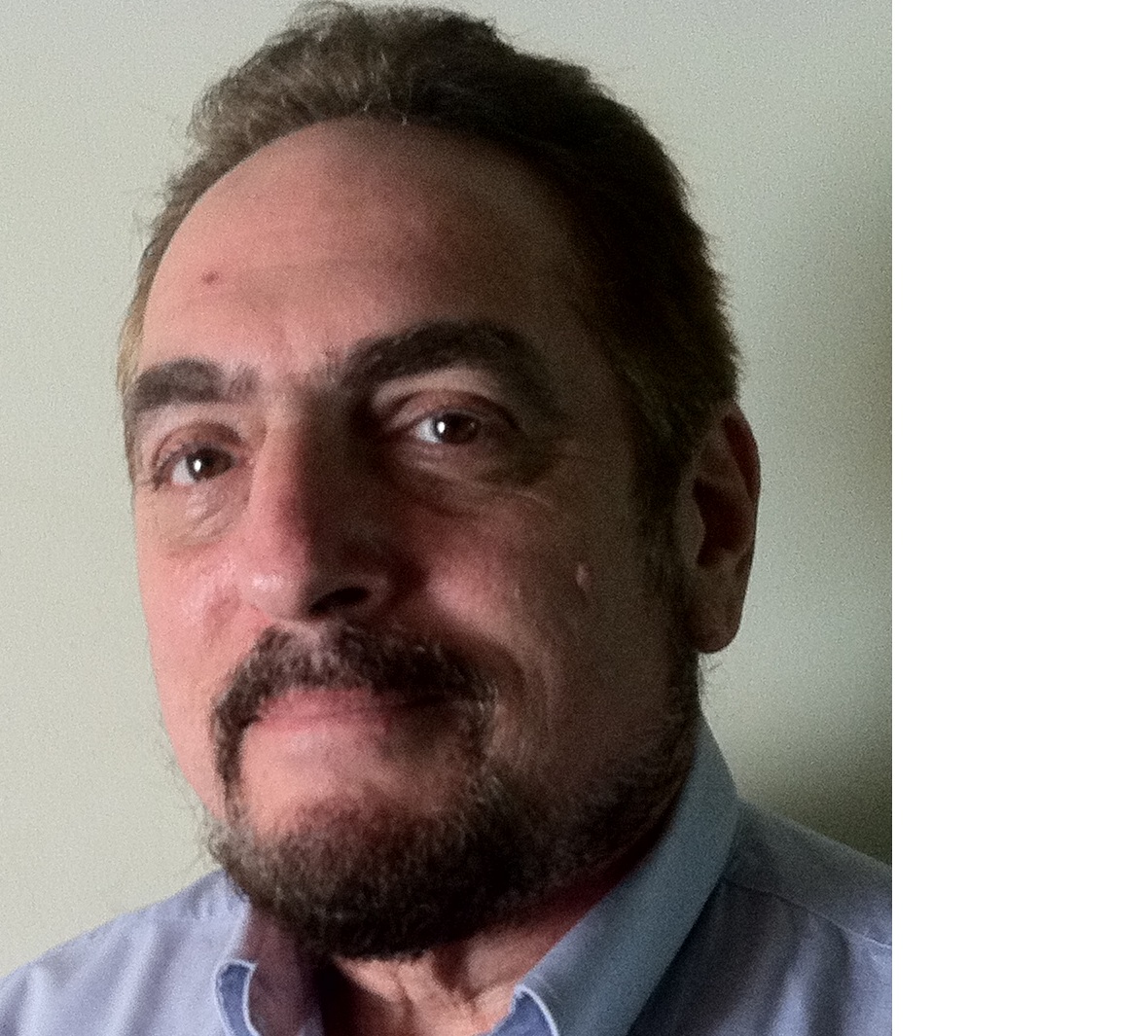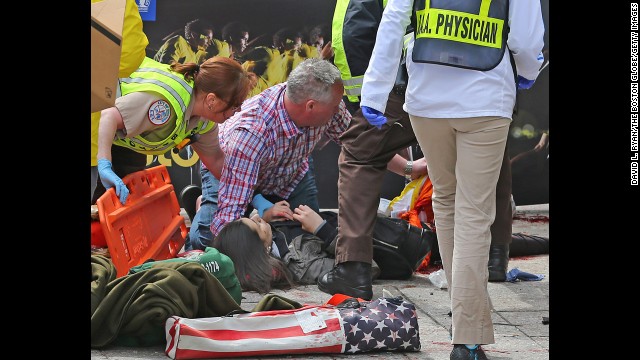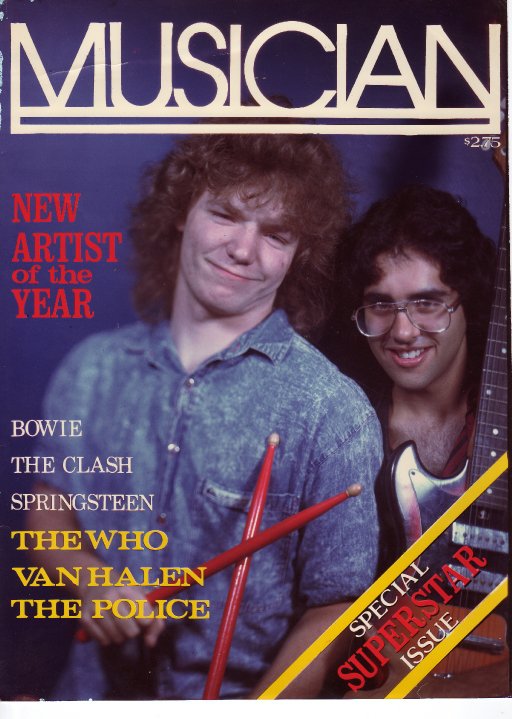As most of my friends in the information security community know, one of our own — Trey Ford — got left out in the cold last week when Black Hat’s powers that be decided they no longer needed a general manager to handle their annual summer conference. He’s following the proven path of seeking new job leads on the social networks.
But he’s doing something else that makes him worthy of mention here.
Mood music:
http://youtu.be/-BTad4tTdrE
Most people would single-mindedly push forward on their own job hunt, and that’s not a criticism. When you have bills to pay and mouths to feed, you have to do what’s necessary to get re-employed as quickly as possible.
But knowing that a lot of other people in the industry are looking for new jobs, Trey is offering to use his vast network to help them as he tries to help himself. In a message on Facebook, he said:
There are a number of folks looking for work, and I have fresh perspective on opportunities out there. Drop me an email and I will do what I can to help assist you in your hunt.
During times of global trauma, I like to refer people to a post I wrote two years ago about words of wisdom from Mister Rogers’s mother. She’d say that in tough times, the helpers always arrive.
While it’s certainly true during huge tragedies like the massacre at Sandy Hook Elementary School last year and the Boston Marathon bombings this year, it also applies to the seemingly smaller events, like someone losing a job and needing help to find a new one. In such cases, the hardship involves individuals rather than big segments of the population, but if you’re the individual who has lost income, it’s a pretty grave deal.
It warms the heart to know that there are people out there hell-bent on helping those individuals.
That someone like Trey would offer help when he needs to find work himself is damn inspiring.
Thanks for being you and Merry Christmas, friend.
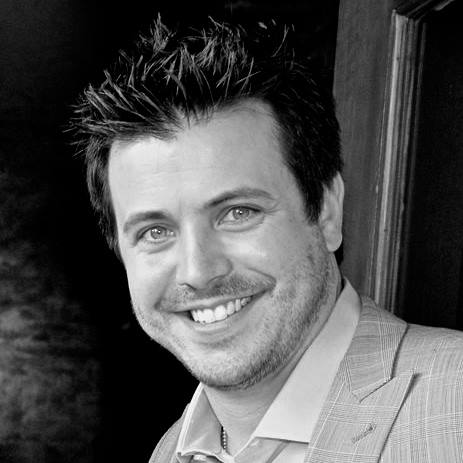

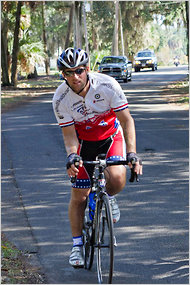 Clay Hunt participating in a 2010 Florida ride with the Ride 2 Recovery veterans organization. Hunt, who was active in various public service groups, took his own life in March 2011. Photo by the Associated Press
Clay Hunt participating in a 2010 Florida ride with the Ride 2 Recovery veterans organization. Hunt, who was active in various public service groups, took his own life in March 2011. Photo by the Associated Press
